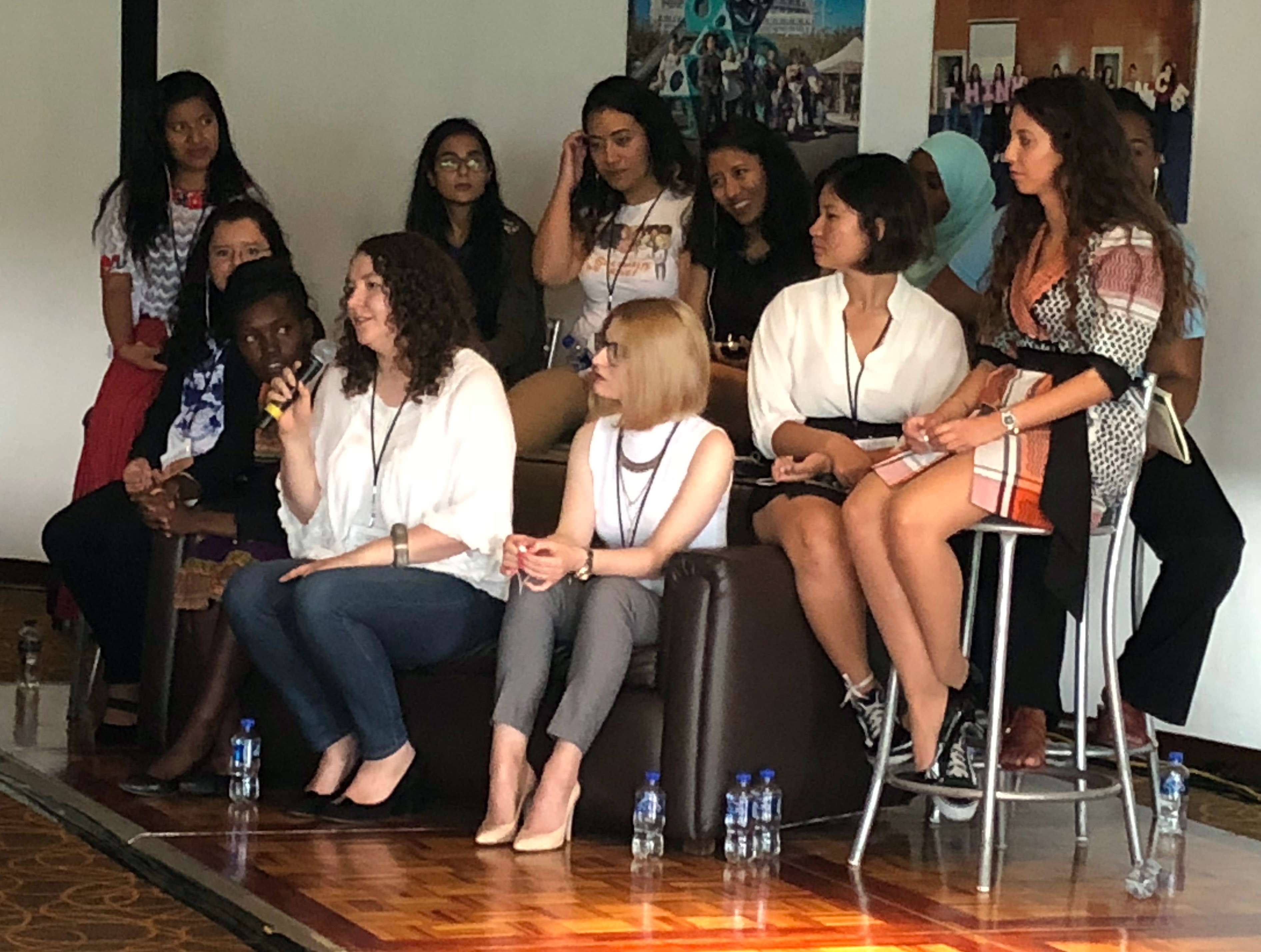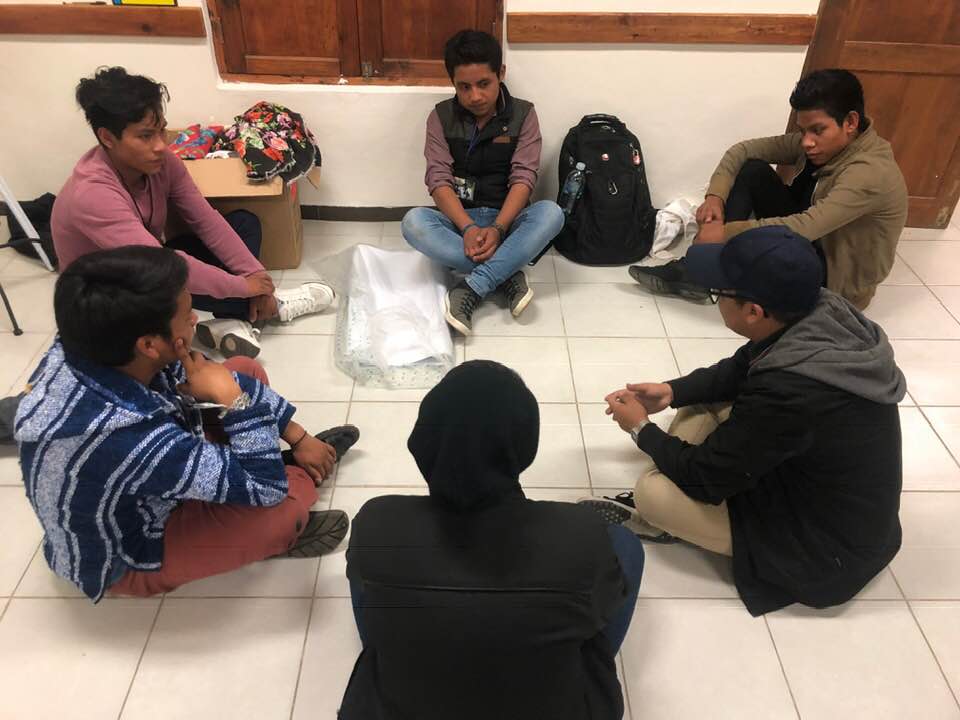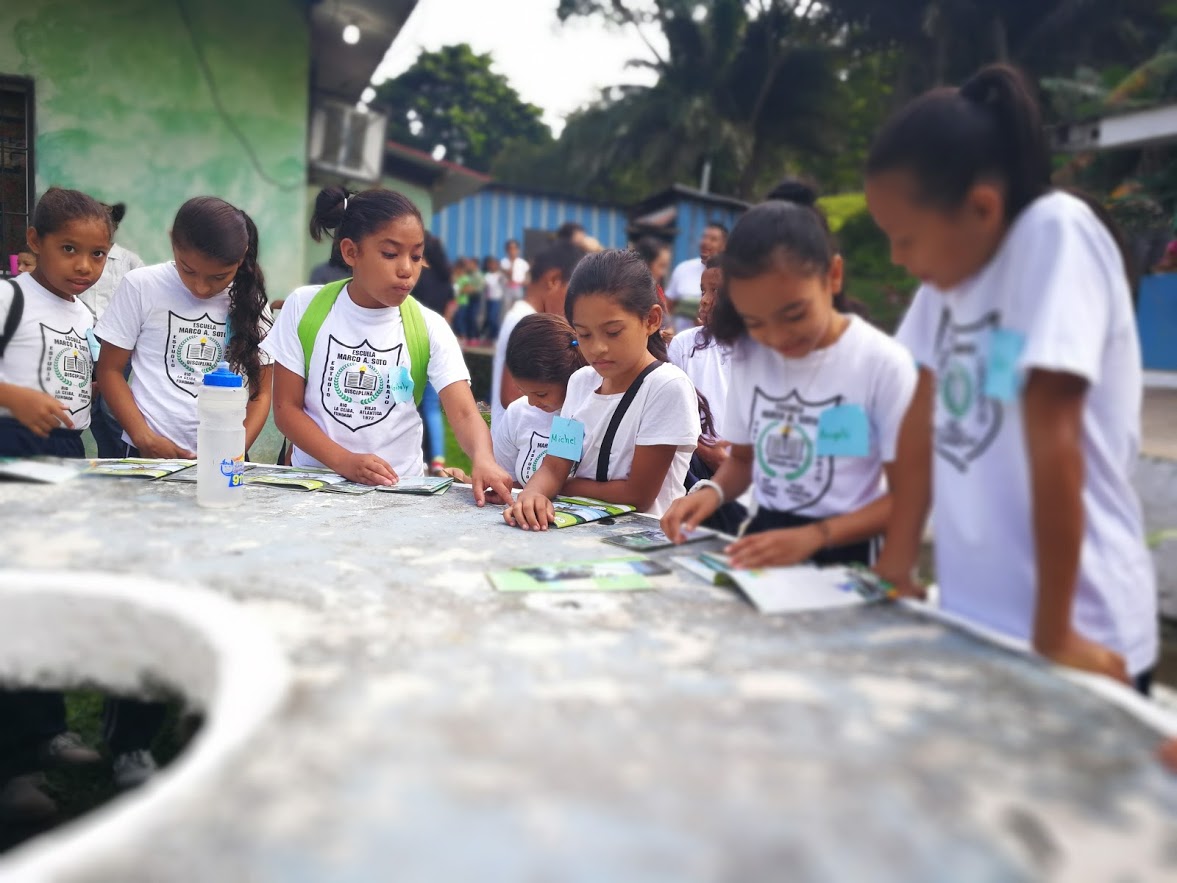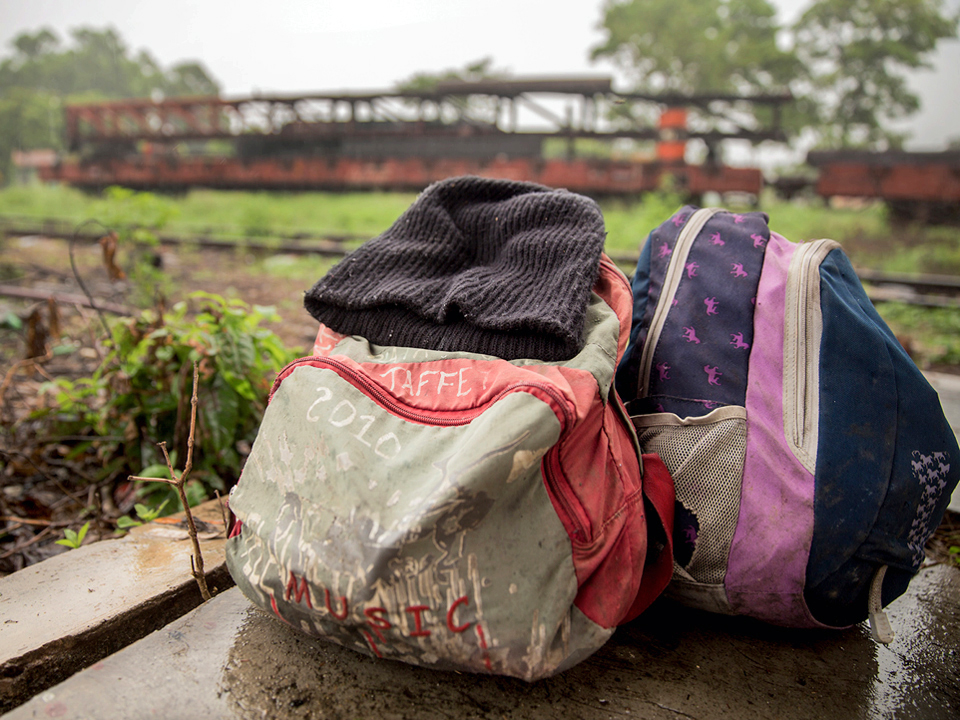Editor’s Note: From January through March 2019, Program Officers Vanessa Stevens and Rodrigo Barraza are conducting a series of trainings with GFC partners in Guatemala, Mexico, and the US to talk about the importance of gender mainstreaming and self-care in the institutional life of organizations. These trainings are part of GFC and NoVo Foundation’s Adolescent Migrant Girls Initiative.
There is no doubt that gender is one of the most complex social concepts that exists today. That’s because, in addition to intersecting with other elements such as race, social class, or cultural context, gender is also an everyday practice that places a veil across the way we look at reality. The way we relate to others. The way we live.
That’s why transforming the commitment to gender equity into meaningful and sustainable practices, initiatives, and projects is a titanic task.
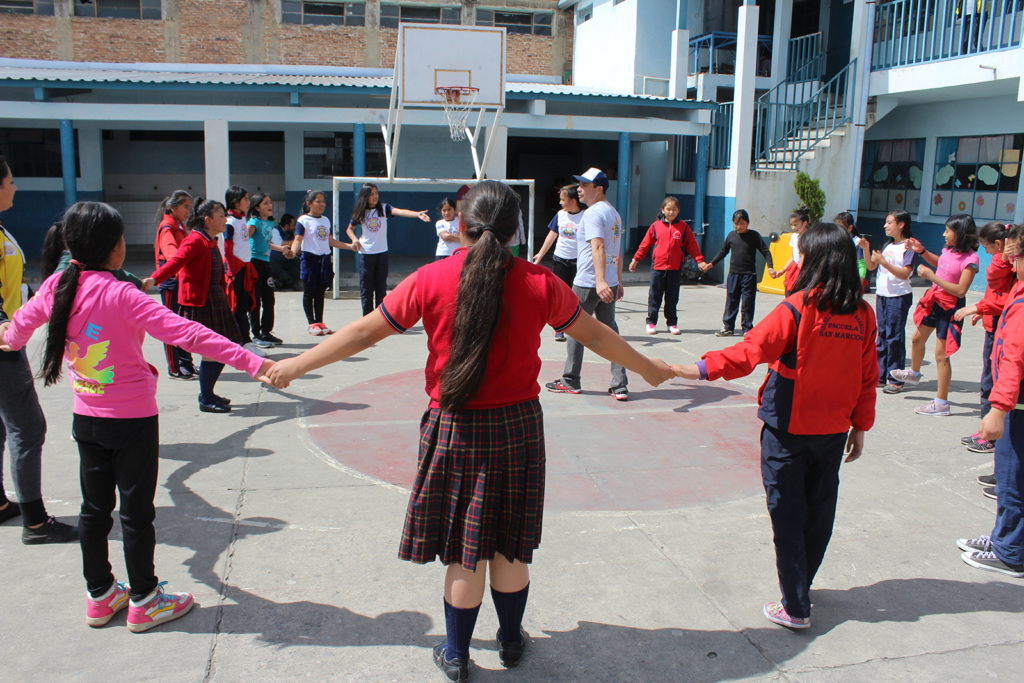
Fortunately, more and more organizations are willing to make the effort. To go the extra mile.
But certain misunderstandings limit our ability to understand (and measure) what it means to mainstream a gender lens into our institutional culture. In other words, to see gender as an strategy for making women´s—as well as men´s—concerns and experiences an integral dimension of the design, implementation, and monitoring and evaluation of policies and programs in all political, economic, and social spheres so that all people can benefit equally and inequality is not perpetuated.
To overcome this, we need to be aware of the primary myths about gender and gender-focused initiatives:
- Gender equals women. Although it is politically correct to say that gender inequalities affect us all, in reality the vast majority of efforts are focused exclusively on women. It is logical (and fair) to think of women as the main protagonists. Historically, they have been one of the most excluded and oppressed groups as a result of traditional gender roles and stereotypes. But if we leave aside other social actors, particularly men, we not only have an incomplete approach—we face the risk of activating new violence and social reprisals against women. Gender is not an essence, it’s a social relationship. Gender is not an essence, it’s a social relationship.
- Gender equity is something you learn. Education is one of the most effective weapons we have against gender inequality. More and more people know now that gender inequality must be eradicated. That is a great triumph. But it is one thing to know that something causes suffering, and a very different thing to change our own attitudes that promote and naturalize inequality. We need to translate knowledge into action on a macro scale and in our daily lives. That’s where social change happens. Gender equity means promoting real changes in our daily activities and attitudes.
- Gender equity is an output. Don´t get me wrong … the impact of gender-based projects and initiatives needs to be measured. But gender equity is not an activity or a result that is just added into our social interventions. On the contrary, it must be a compass that is present from the beginning of a project’s design. It is an empowering, driving force for social justice composed of articulated efforts. Gender mainstreaming is a dynamic and on-going process to promote social and individual change that must be integrated into all of our organizational and development activities.
- Gender equity means erasing our differences. One of the most common mantras in gender trainings is that, if we are being gender equitable, we should not see differences among us. But there are differences. And it´s OK. The problem is when we automatically think that talking about difference means talking about inequality. That is the “gender trap.” Working to promote gender equity implies recognizing and giving place to difference (and to the different ones). Gender equity needs to be a chorus of multiple voices dialoguing on equal terms. Everyone being different. And everyone having rights. Gender equity means enriching ourselves in the face of difference. And, from the dialogue, questioning our own attitudes and values. It means respecting and honoring your culture and at the same time changing what needs to be changed. Gender equity builds roots and breaks cycles.
So… how can we identify these myths in our daily work, and protect ourselves for the unexpected failures and frustrations they can bring us?
There is no magic recipe. But based on my experience working with multiple organizations that are trying really hard to put gender equity into action, I have learned a few tricks:
1. Work with and listen to the community.
Too often, we wait until a project’s implementation before truly involving the community. We are the “experts” so we know what the problem is, but of course we need some “help” from the beneficiaries to get things moving. Now it is time to confront this paradigm. First, we need to listen, to open our eyes. To everything and to everyone. We have to create collective ideas through dialogue. Even through conflict. When you try to really know a place before intervening in it, you realize that, for example, women suffer daily violence but also have different strategies to resist and organize. That they are agents and not victims. And that a project never starts from scratch. So, the best way to start creating outputs and outcomes (and not just put them into action) is always with and for the people.
2. Focus on impacts and attitudes.
It is time to stop thinking that a development initiative is just a series of activities aligned to a common objective. It’s time to confront the idea that more is better, and that people can be reduced to metrics or statistics. Of course, quantitative methods are important. They are crucial to know if an activity is working, if people feel motivated with the project. But in gender-focused initiatives they are useless unless we combine them with impact indicators. We are not just tracking learning. We are not just tracking activities or results. We are also tracking change. And that means focus on people, in how they are changing their way of relating to other people. In how they are participating and engaging in their own families and communities. In how girls and women all over the world are creating, dancing, and organizing to fight back and confront violence and intolerance. And we can walk with them through this journey.
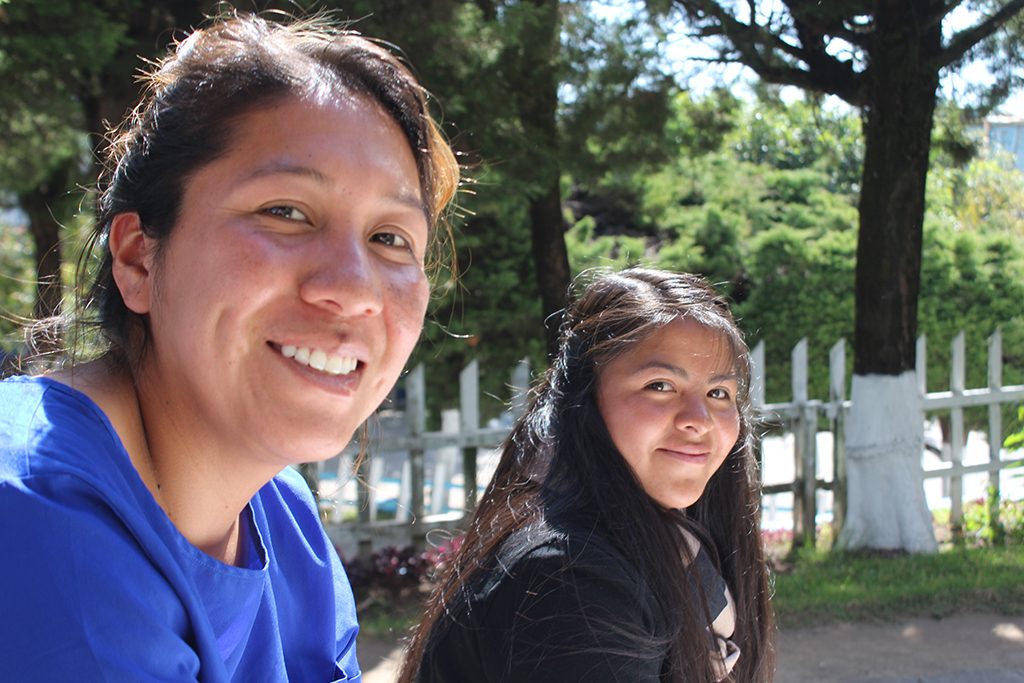
3. Gather stories.
One of the most effective and inspiring ways to measure social change is through storytelling. In this way, we recognize that change always occurs from the inside out. More importantly, we are telling the people we work with: your story is important, and you have the power to write it yourself. The power to change it. But it’s not just about change. Storytelling is also an ongoing process that helps us capture the complexity of gender in real life, create emotional connections, and empower individuals. It is both an indicator and a communication tool that shares information and emotions at the same time.
4. Create and promote—and measure—networks.
By supporting networks, you can amplify efforts and open new communication channels between organizations and individuals. You can promote learning exchanges and make room for new ideas. You can bring people and organizations together and create inspiration. But you also need accountability. A network needs to have some degree of consistency to achieve clear and measurable objectives. Therefore, it is necessary to work under the principle of “responsible flexibility,” creating gender-centered indicators capable of measuring successes but also efforts, dialogues, and interactions. And it is necessary to provide platforms for these exchanges to occur.
5. And, finally … be creative!
People are tired of the same technical language, the same objectives, the same strategies over and over again. Now almost everybody in development institutions and organizations knows (and talks) about gender. But little has changed.
We have to be bold, to confront our own ideas. We need to be open to change in all levels. We need to fully understand that social change takes decades to occur. But you can see improvements every day. Even in the little things. And we have to learn to recognize our small and day-to-day victories.
Measuring the impact of our work with a gender focus allows to stop working on automatic. To take a deep breath and say “this isn’t working,” and “we can do better.” It allows us to respect our work and leave a permanent state of emergency, to truly observe what is happening around us and the people we have by our side. That´s the beauty of measuring gender equity.
Header photo: Gender workshop with indigenous youth in Quetzaltenango, Guatemala, in collaboration with GFC´s partner Colectivo Vida Digna. © Global Fund for Children
